What started out as a Barcelona GSE master project has developed into a full-fledged working paper by four alumni of the Master’s in Economics Class of 2018: Mariel Bedoya, Karen Espinoza, Bruno Gonzaga, and Alejandro Herrera Jiménez.
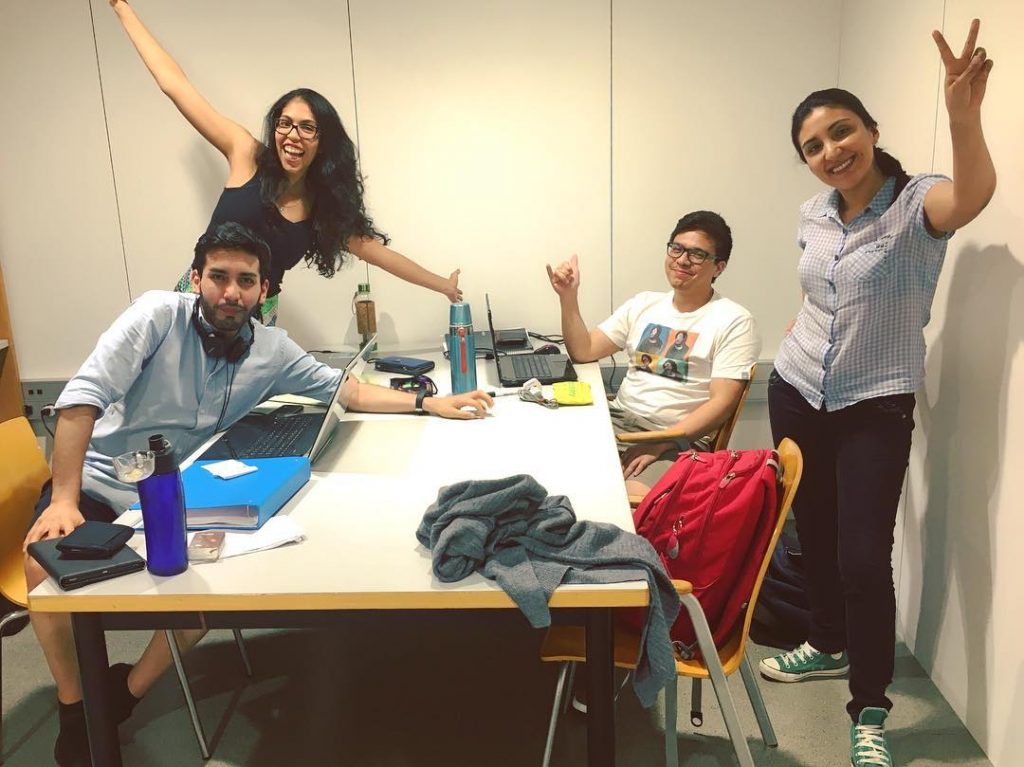
The paper, “Setting an example? Spillover effects of Peruvian Magnet Schools,” is now part of the Development Research Working Paper Series of the Institute for Advanced Development Studies (INESAD), a research center in La Paz, Bolivia.
Mariel explains that the idea to research this topic occurred to her because before doing the master in BGSE, she worked in the Ministry of Education of Peru, in the Impact Evaluation Division.
“The topic was interesting for us because although there is plenty of literature studying these selective schools’ first order effects (that is, effects on the students who directly benefited from the creation of these schools), we found scarce evidence about second-order effects (effects on students who shared environments with the high achieving student previously). Even more, analyzing externalities seemed of importance for a program such as COAR in Peru since the expenditure per student for the program is relatively high,” Mariel says.
The team has presented their research in three seminars so far, two in Peru and one in Bolivia.
“We aim to continue this research project in the near future. We got the opportunity of presenting findings of our research for public servants within the Ministry of Education last year, including the Director of the Division of Specialized Education Services, who is in charge of the COAR Program. This research complements ongoing efforts of the Ministry of Education of evaluating COAR’s first order effects. They seemed keen on helping us, especially because we do not have yet the necessary data to conclude on the mechanisms that may be driving the results we find, and they would like us to tell them more about this point in particular. We hope to have a new version of this paper by the end of the year.”
About the authors

Mariel Bedoya ’18 
Bruno Gonzaga ’18 
Alejandro Herrera Jiménez ’18 
Karen Espinoza ’18
Mariel Bedoya ’18 is a Policy and Research Associate with Abdul Latif Jameel Poverty Action Lab (J-PAL) in Peru. LinkedIn | Twitter
Bruno Gonzaga ’18 is a Senior Analyst in the Juncture Analysis Department of the Central Reserve Bank of Peru. LinkedIn | Twitter
Alejandro Herrera Jiménez ’18 is an Associate Researcher at INESAD in Bolivia. LinkedIn | Twitter
Karen Espinoza ’18 is Coordinator of the Innovation Lab of the Ministry of Education in Peru (MineduLAB). LinkedIn


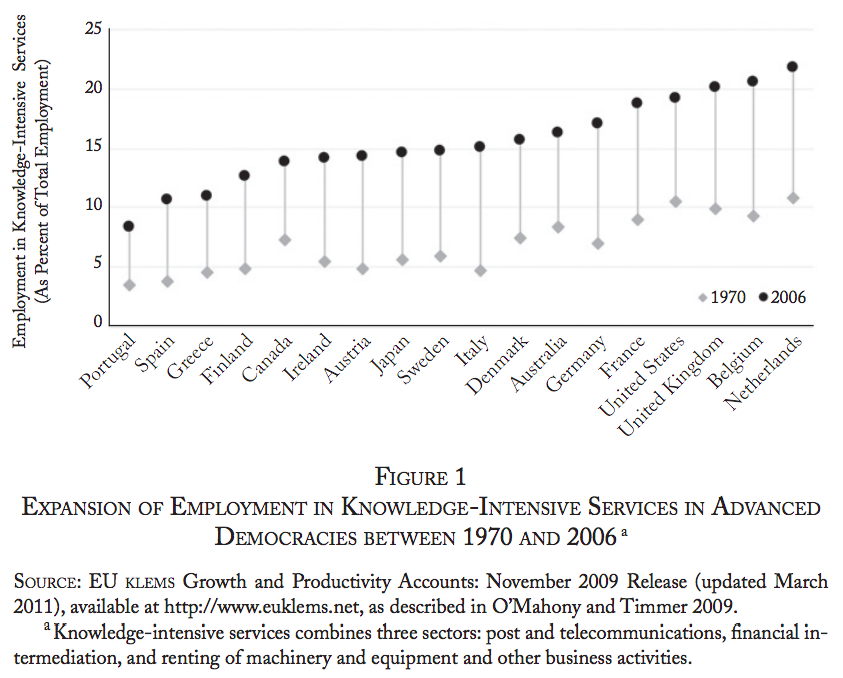
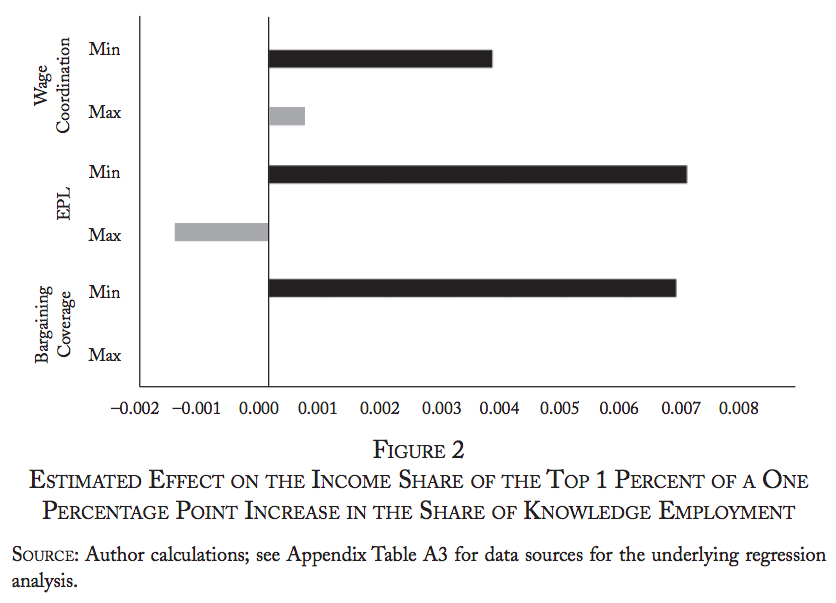


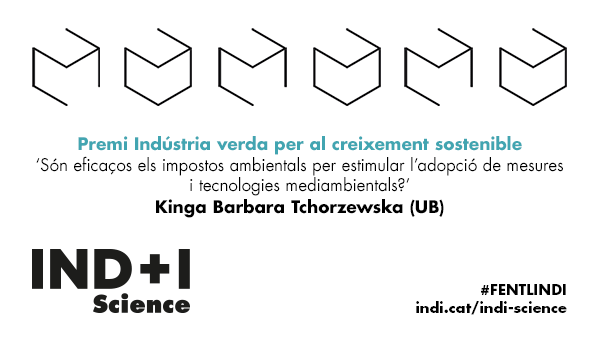

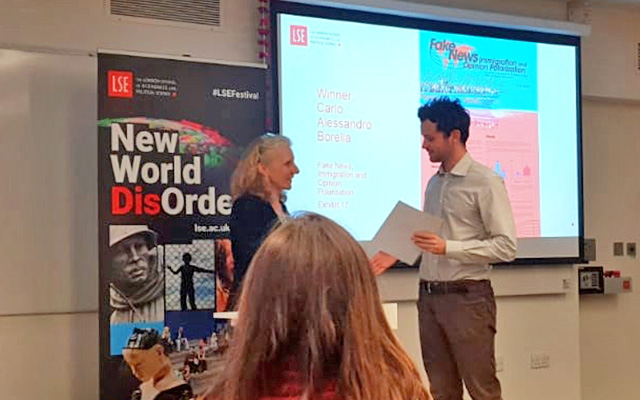
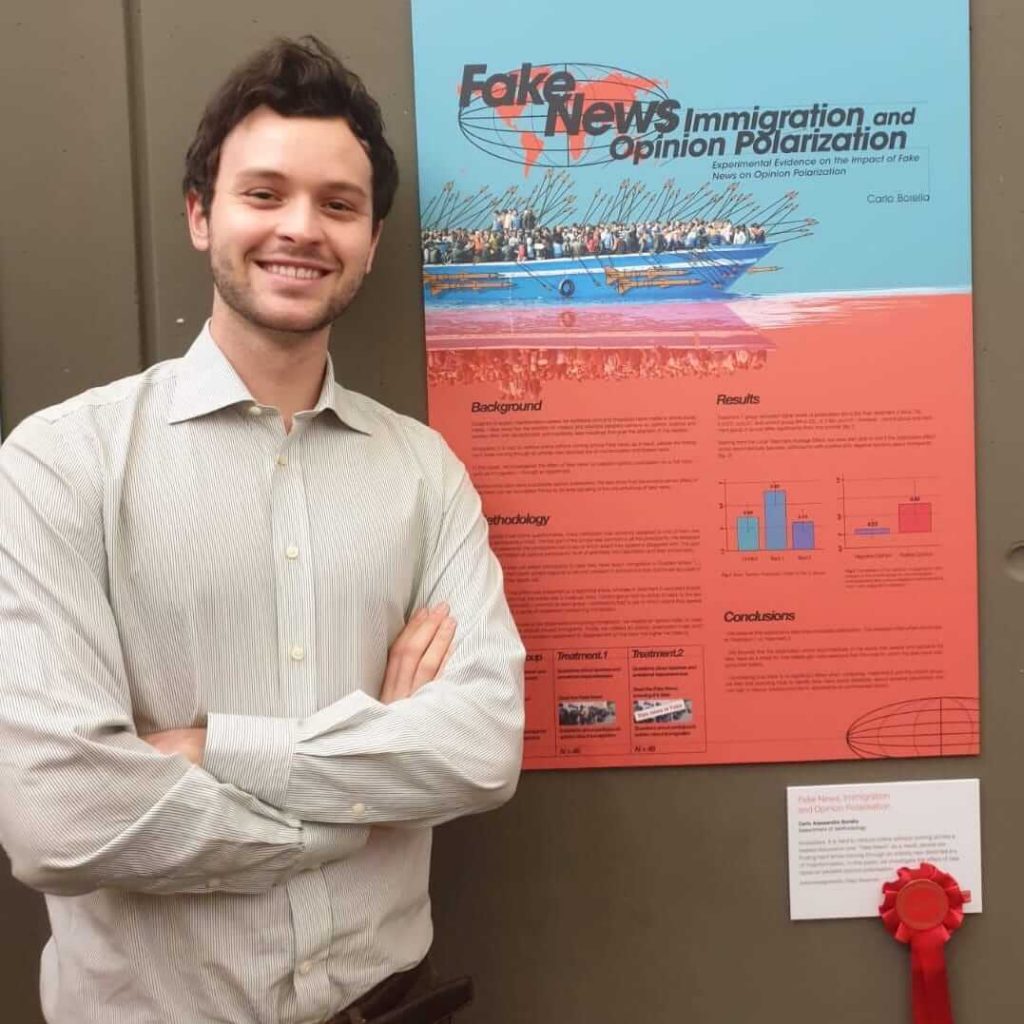
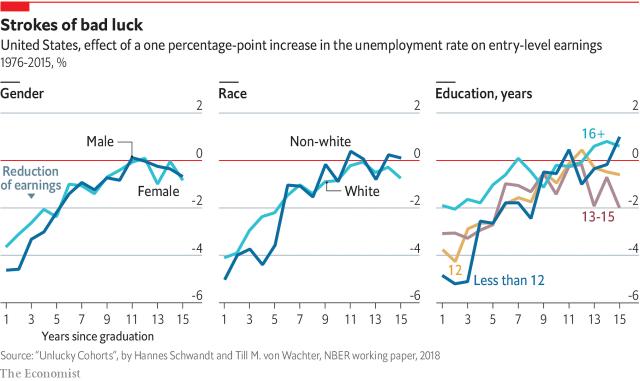
 Photo credit:
Photo credit: